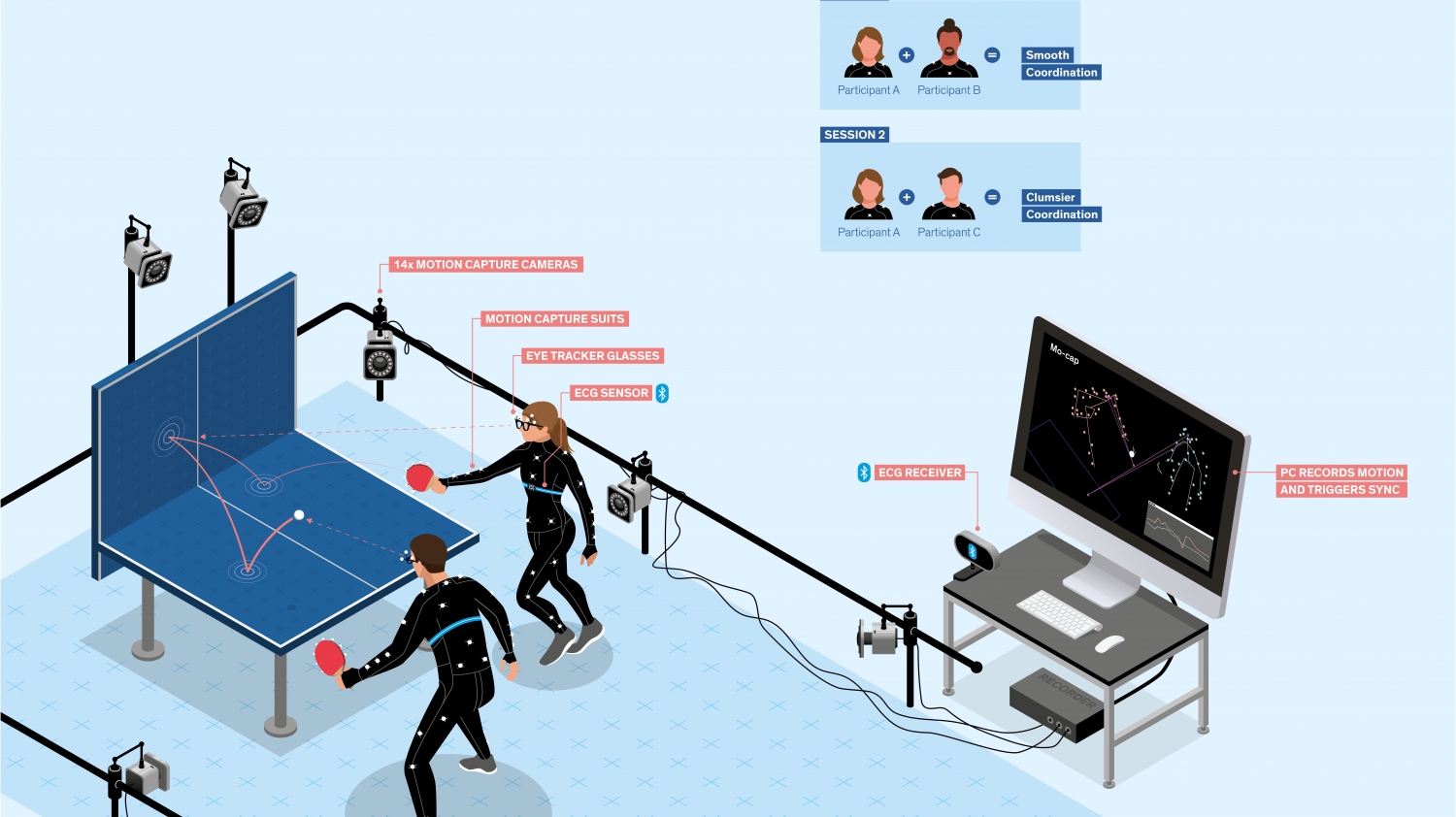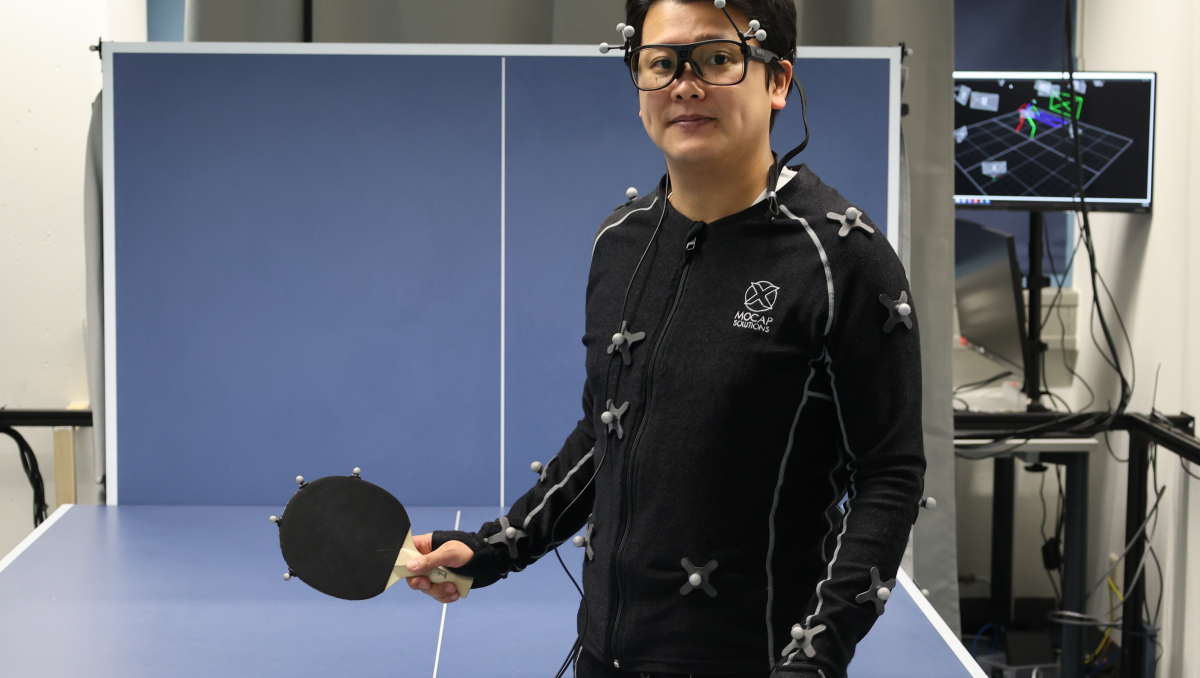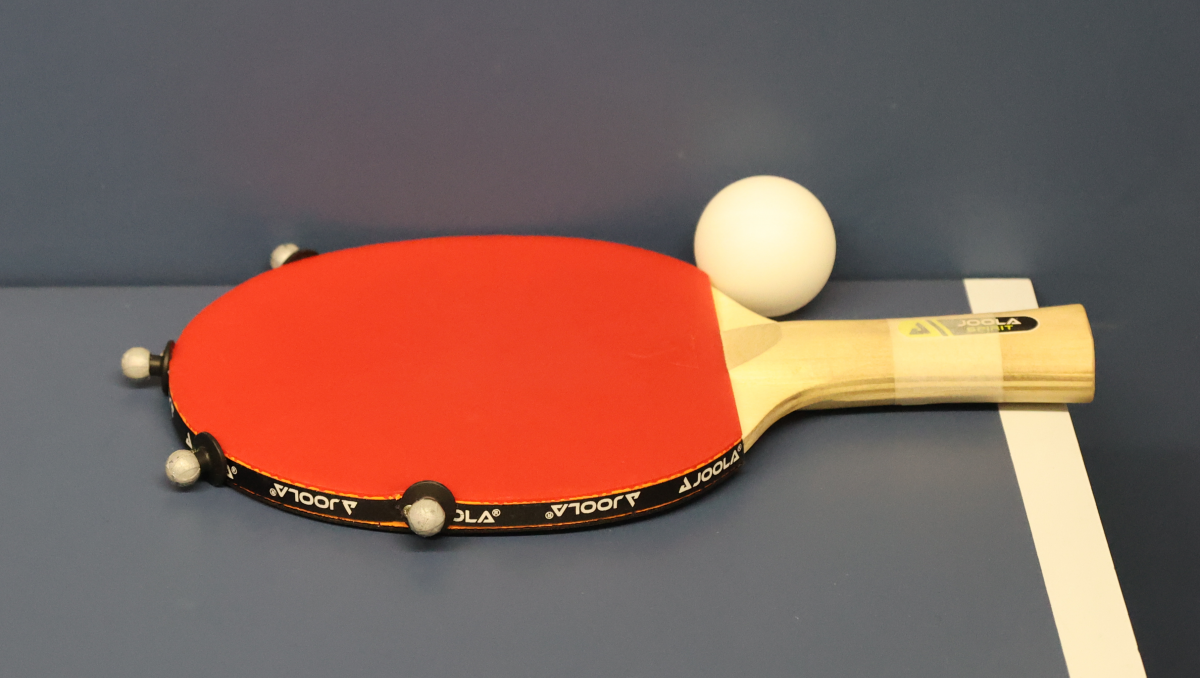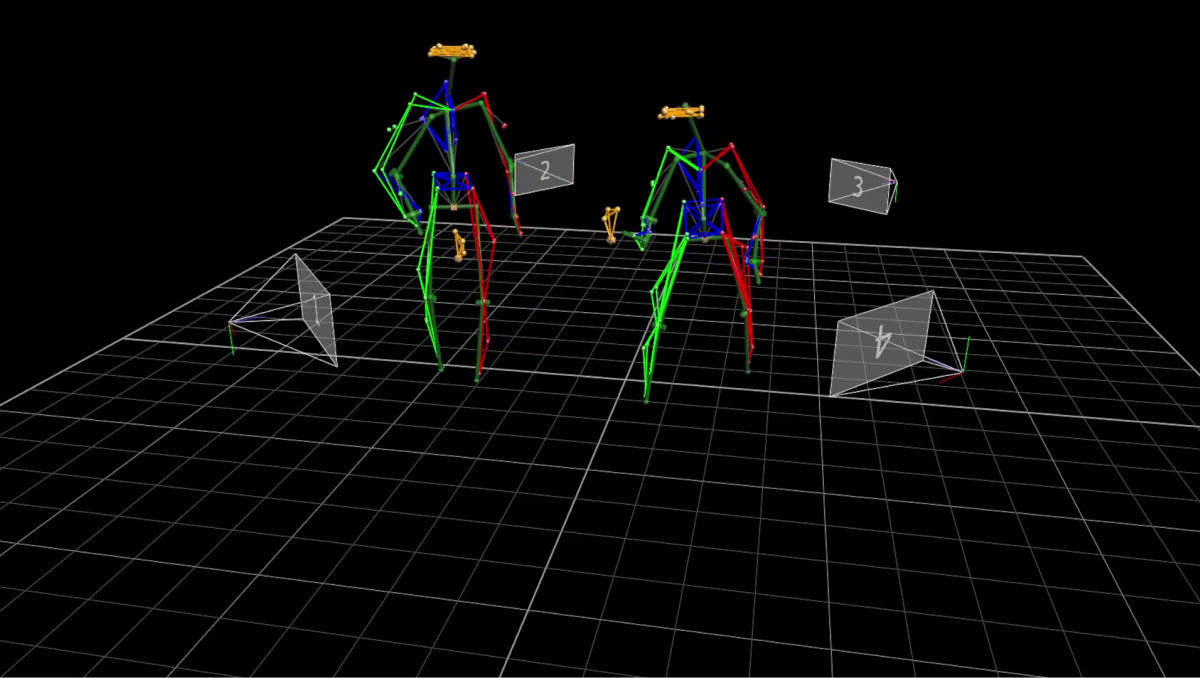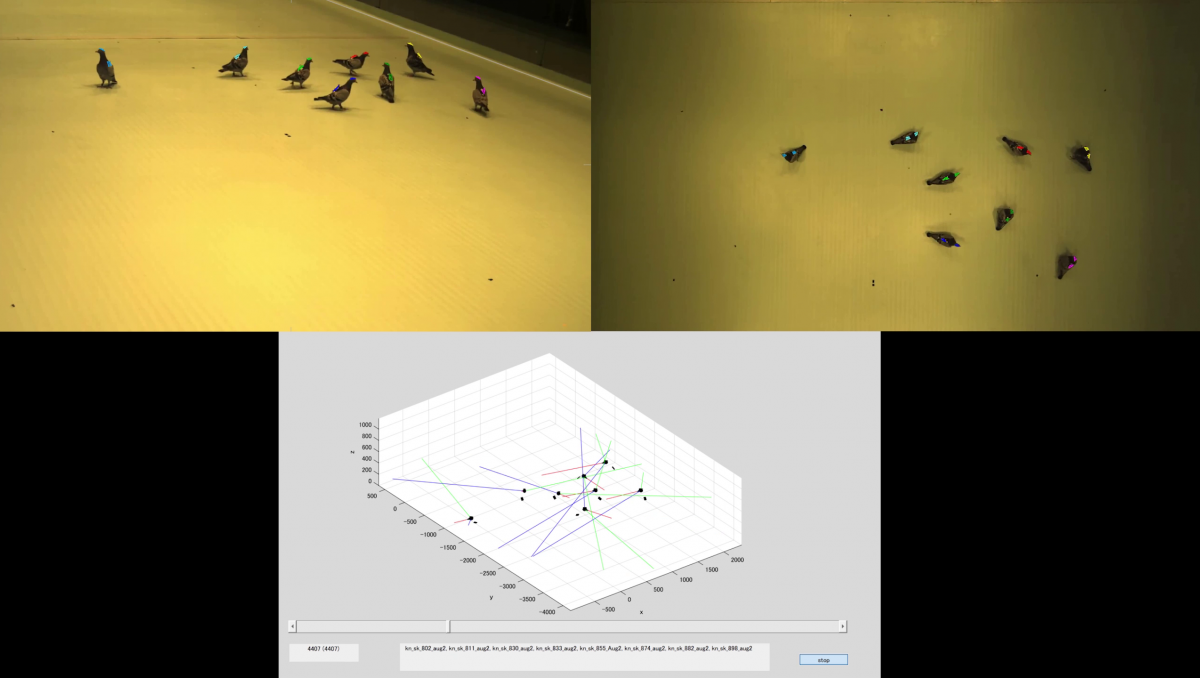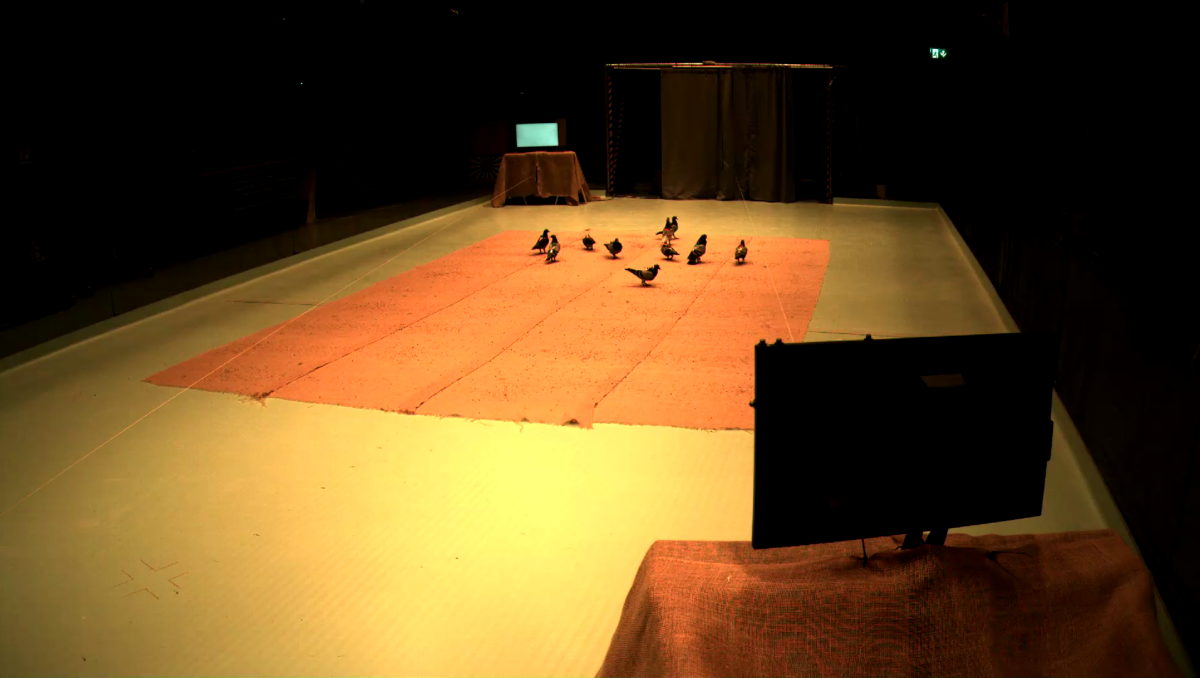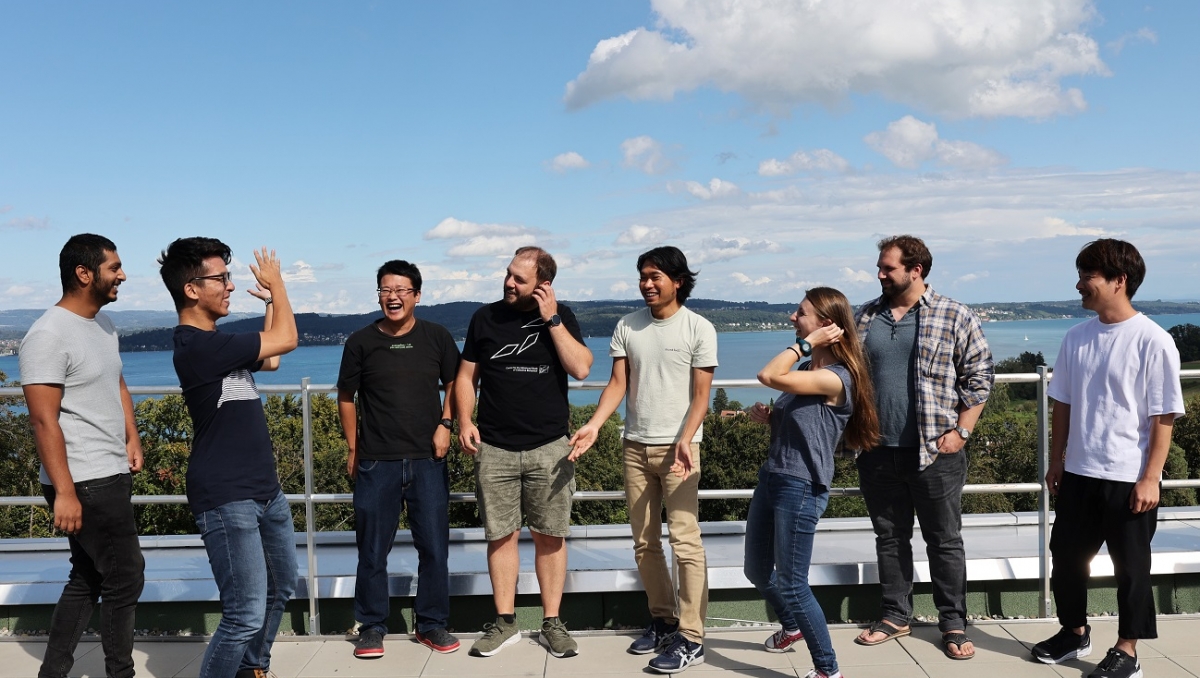The map to human behaviour
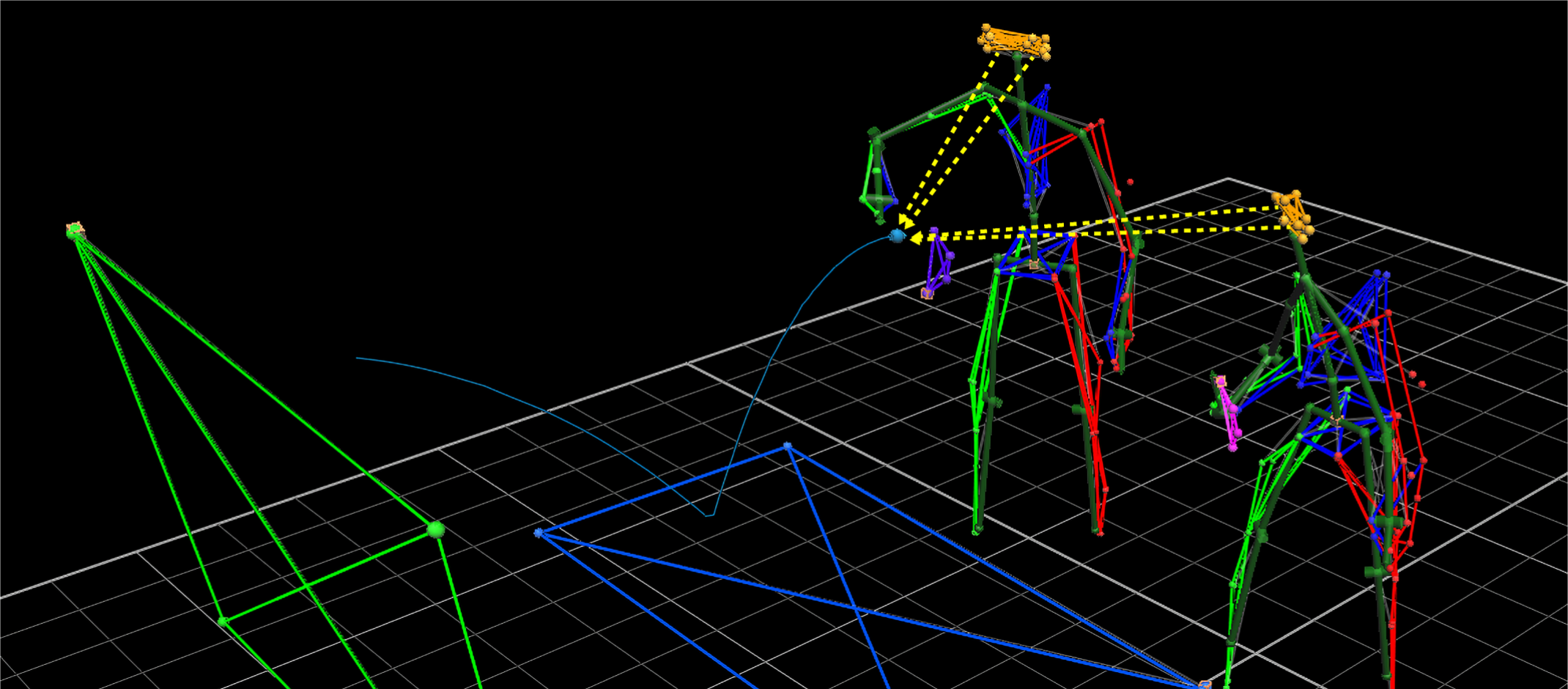
What are humans? What are animals? And what makes humans unique? The comparative psychologist Fumihiro Kano has set himself a life goal to answer those questions. On February 28th it was announced that the scientist from the Cluster of Excellence “Centre for the Advanced Study of Collective Behaviour” (CASCB) at the University of Konstanz will receive the Manfred Fuchs Prize from the Heidelberg Academy of Sciences and Humanities of the State Baden-Württemberg for his interdisciplinary work in animal behaviour research.
Fumihiro Kano wears a motion capture suit, eye tracking glasses, holds a table tennis racket with markers in his hand and starts to play table tennis in his lab.
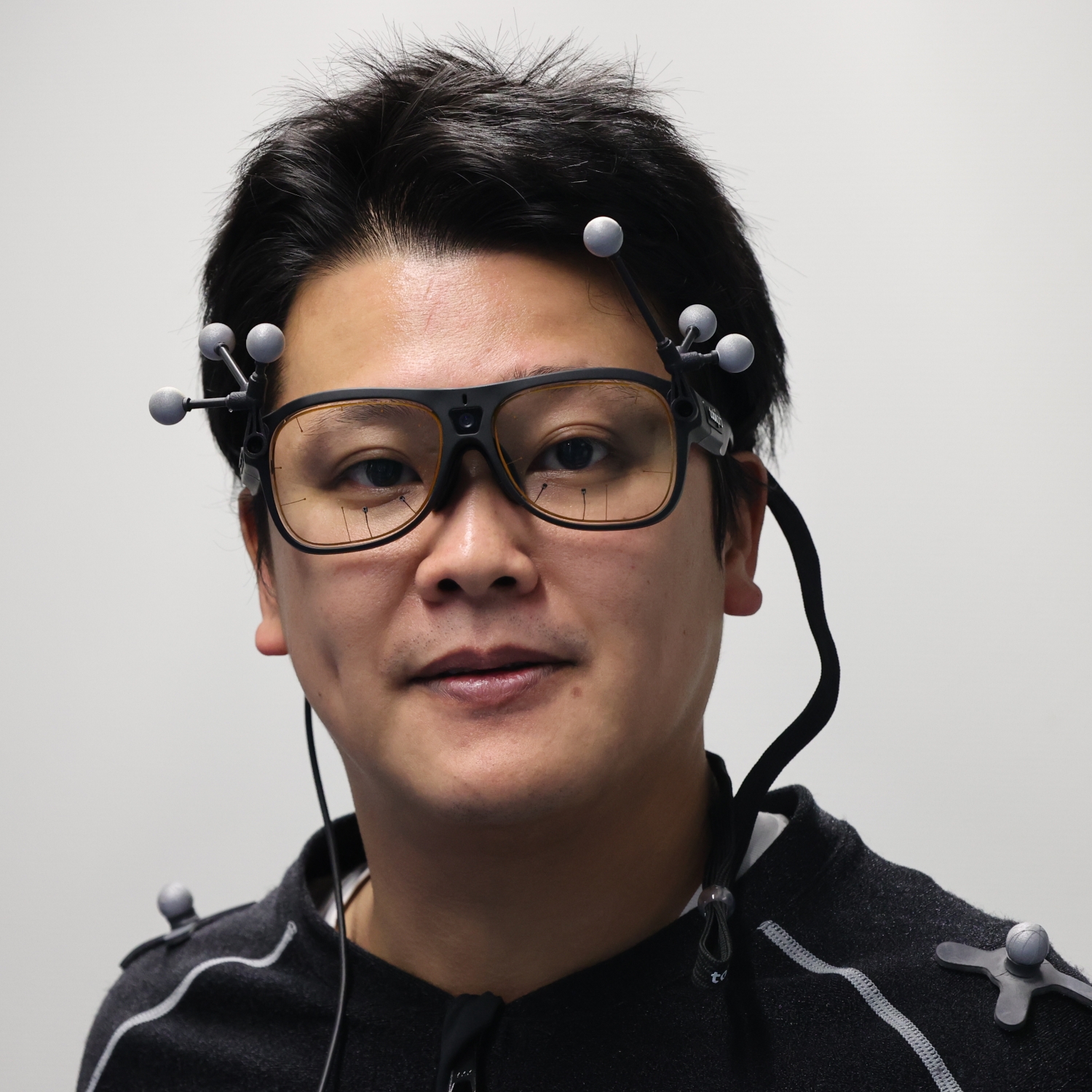
I am interested in what animals see, feel, and think, and ultimately how humans, as one of the primate species, are unique in perception, cognition, and social behaviour.
Fumihiro Kano
Fumihiro Kano has been a group leader at the CASCB since 2021. He started his career at Kyoto University and was enrolled at the Max Planck Institute for Evolutionary Anthropology and at the University of Oxford before coming to Konstanz. He describes himself not a passionate table tennis player, but the Japanese researcher thinks that everyone is able to play the sport. That is the reason he chose table tennis for an experiment.
How groups interact
Together with his Postdoctoral Researcher Prasetia Putra, Kano conducts a study where they want to unravel the underlying mechanism of human coordination in sports using behavioural and physiological modalities. “Sometimes groups coordinate nicely, sometimes they fail, but what is the secret behind it?” asks Kano. “So far, the individuals’ anticipation ability, movement coordination, and physiological difference is unknown,” he says.
© CASCB / Abschnitt einsSet-up of the table tennis experiment conducted by Prasetia Putra and Fumihiro Kano
Therefore, this study aims to fill those gaps by measuring an individual’s gaze direction, body movements, and heartbeat. Participants play table tennis in teams of two while wearing a motion capture suit as Kano does. Even the table tennis ball is marked. A motion caption camera system tracks the movements.
The focus is on micro behaviour
Overall, Fumihiro Kano concentrates on micro behaviour to map human and animal behaviour. His research species include birds, primates, and human adults. They target various collective behaviour, including team cooperation, vigilance, and collective foraging. “Basically, I just bring non-inversive cutting edge technologies to the field,” he says.
In another experiment, he focuses on group performances in pigeons, “a very social bird species,” as he says. While pigeons forage, they want to eat as much as possible. Nevertheless, they need to be attentive collectively, to be aware when a predator attacks them. “In our experiment, my PhD student Mathilde Delacoux and I created a situation where the pigeons see warning cue and we tried to find out the group performance during the pretended attack.”
https://www.youtube.com/watch?v=TwzCn4uhR_E
Thanks to modern tracking technology, the research group knows precisely where each individual is looking at and if the individual has the head up or down while the pretended predator occurs. The researchers conduct the experiment in the Imaging Barn, a collaborative project between the CASCB and the Max Planck Institute of Animal Behavior. It is a core facility for studying the dynamics of highly naturalistic interactions. Both experiments are still running, so they themselves are still curious about the results.
“In a highly creative way, Fumihiro Kano uses and extends state-of-the-art informatics methods as tracking and modelling to study cognition and behaviour of humans and different animal species, from birds to monkeys, from individuals to groups of humans and animals,” Oliver Deussen, speaker of the CASCB mentions.
Key facts
- Fumihiro Kano will be awarded the Manfred Fuchs Prize of the Heidelberg Academy of Sciences and Humanities for his interdisciplinary work in animal behaviour research.
- He is a group leader at the Cluster of Excellence “Centre for the Advanced Study of Collective Behaviour” (CASCB) at the University of Konstanz.
- Fumihiro Kano is interested in what animals see, feel, and think, and ultimately how humans, as one of the primate species, are unique in perception, cognition, and social behaviour.

